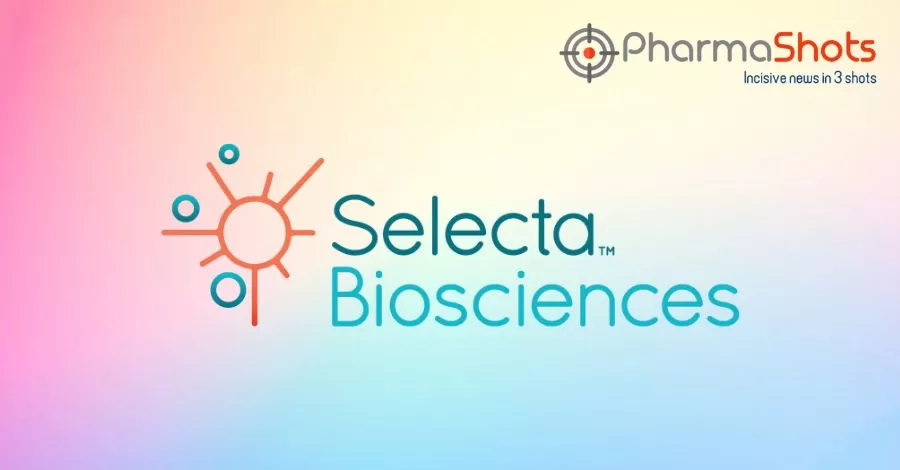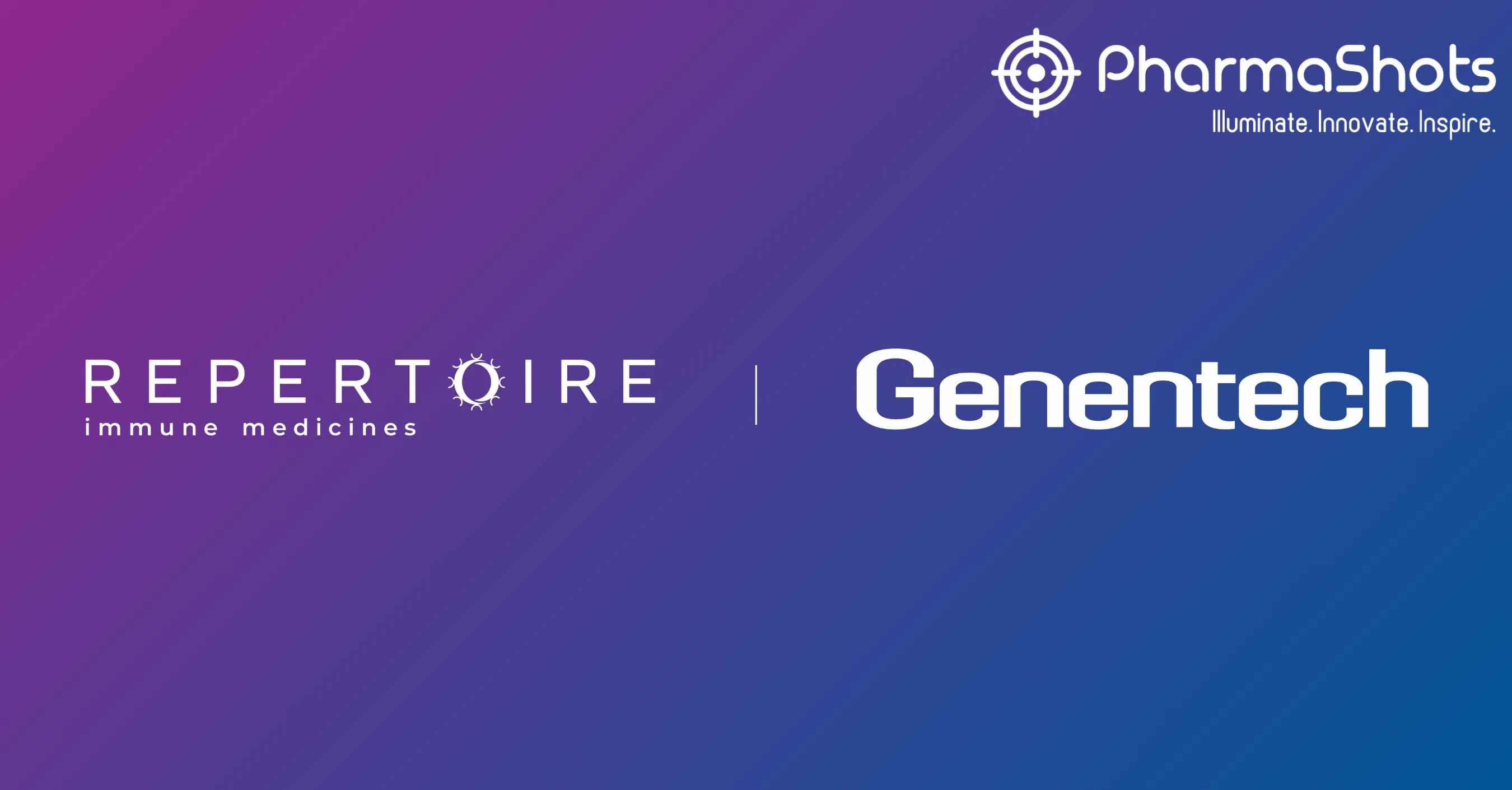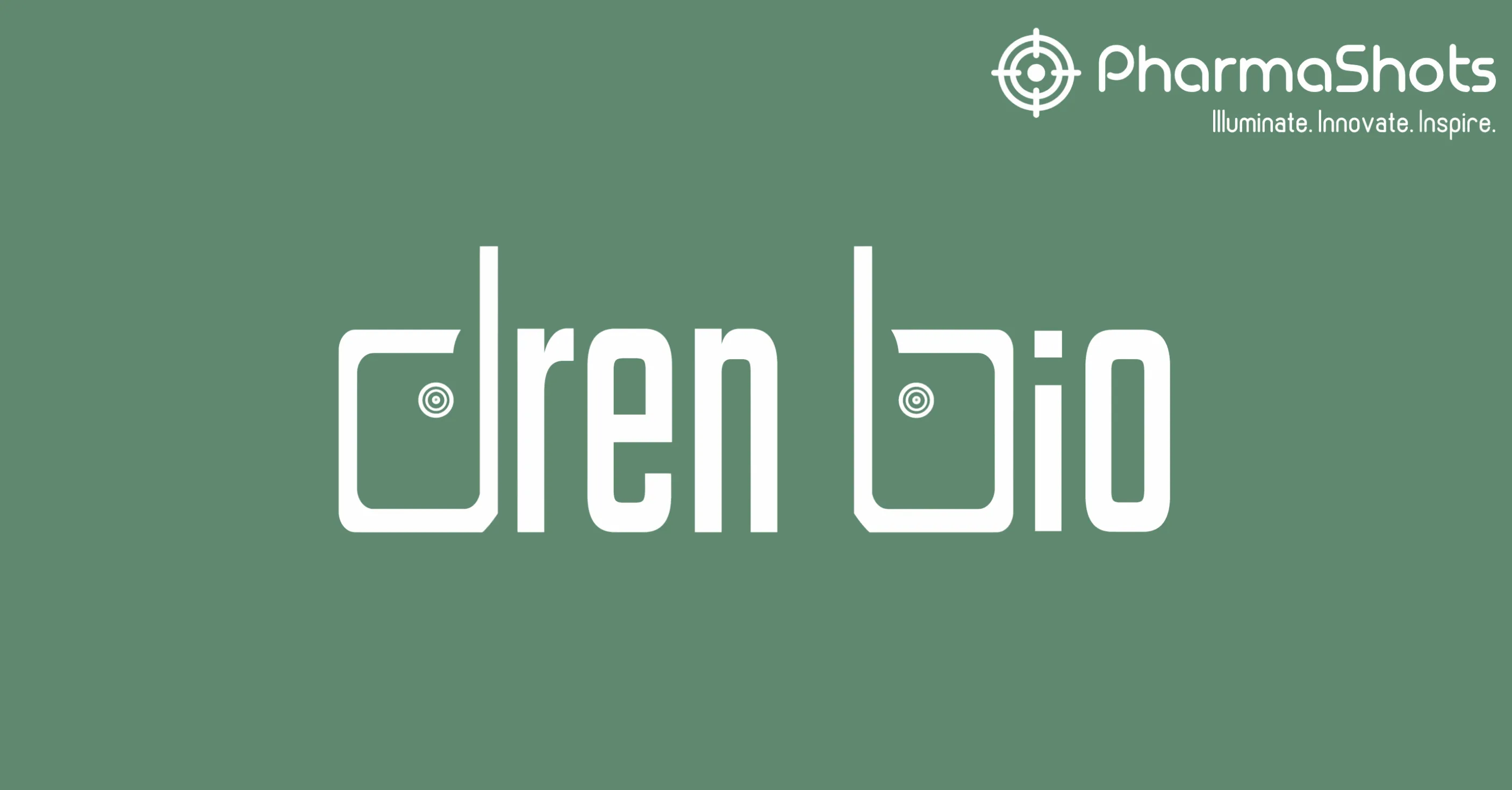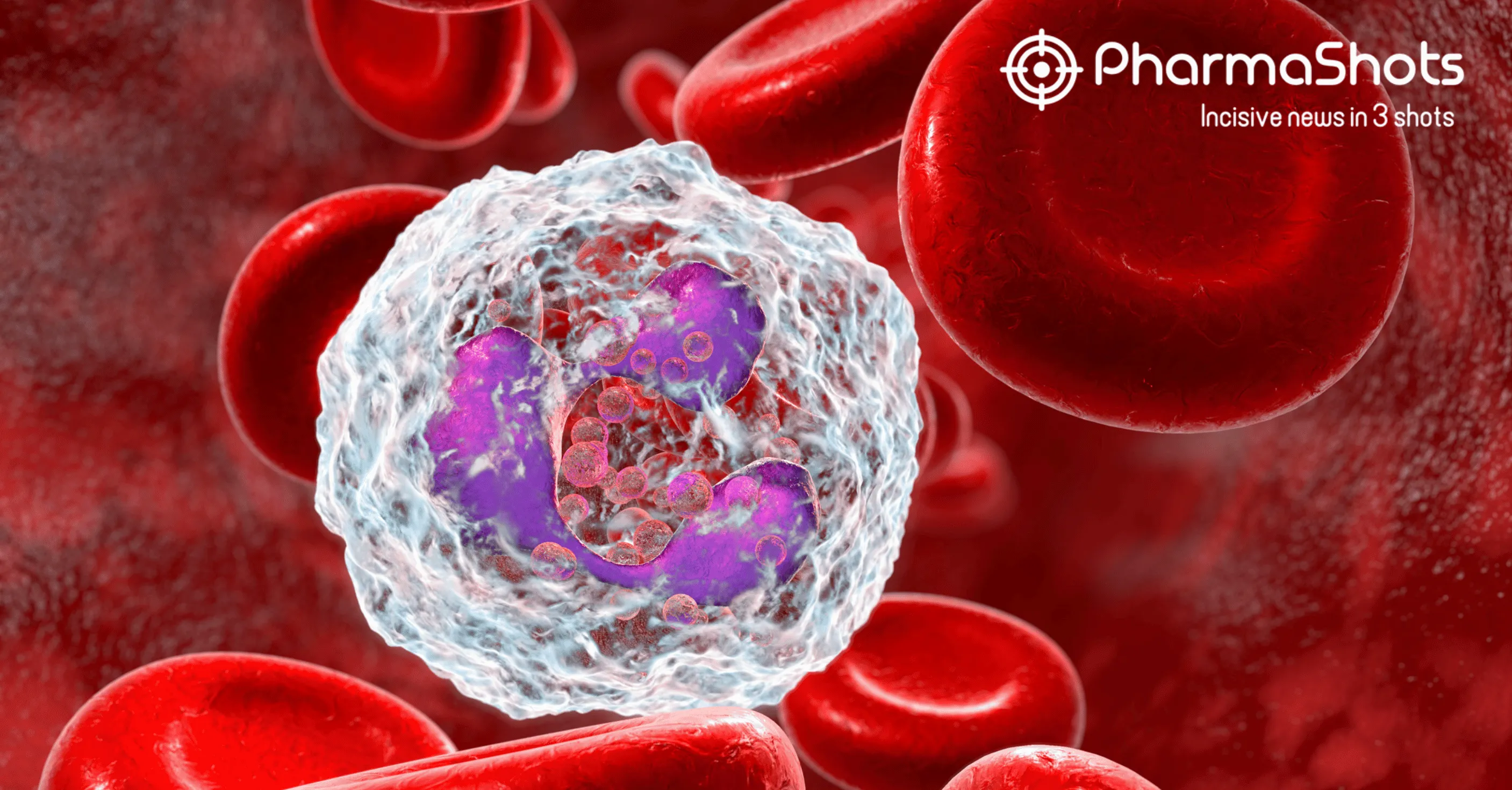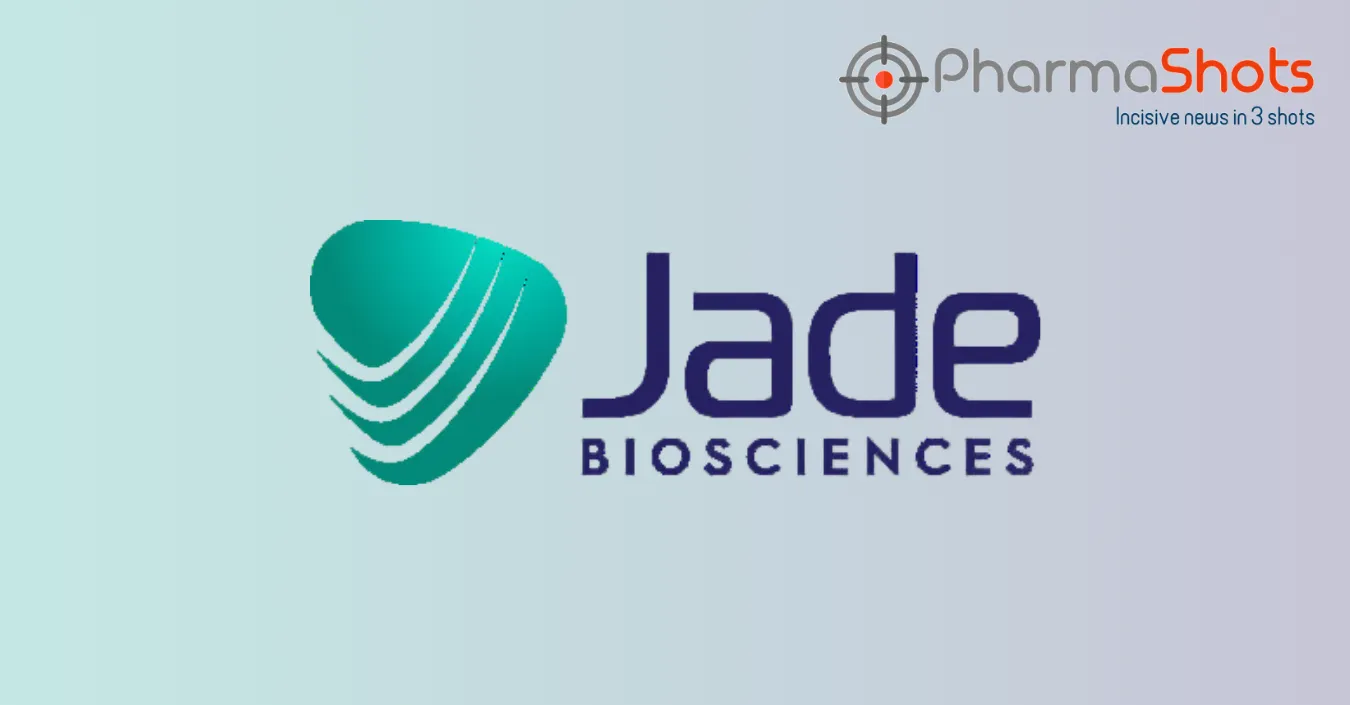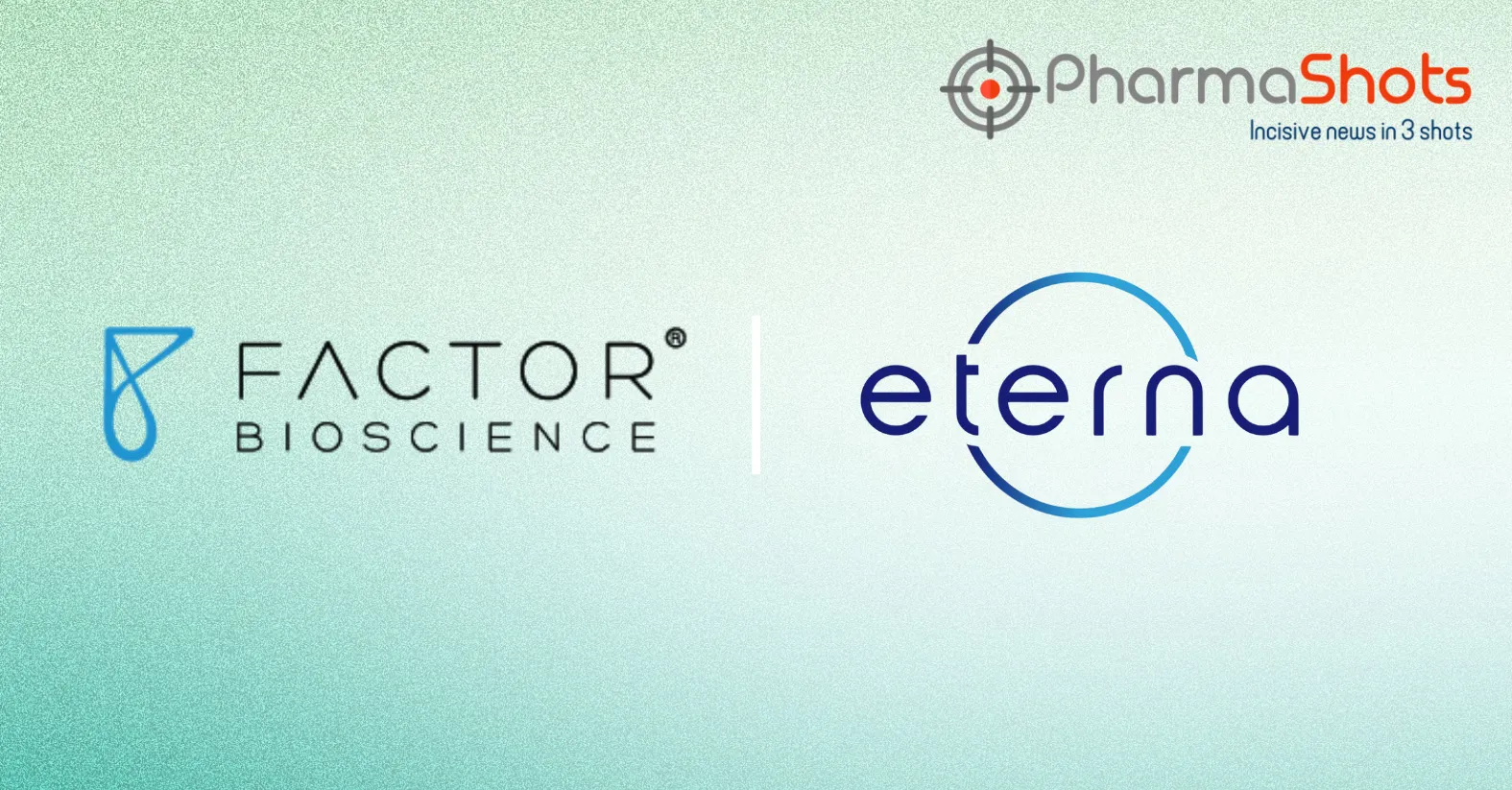
Selecta Enters into an Exclusive License Agreement with Genovis to Advance IgG Protease in Gene Therapy and Autoimmune Disease
Shots:
- Genovis to receive up front for an exclusive license to Xork & is eligible to receive development & sales-based milestones along with royalties on sales globally & holds the rights for research- preclinical- diagnostic & other non-therapeutic applications of Xork
- The collaboration will utilize Genovis’ IgG protease- IdeXork (Xork & Selecta’s ImmTOR platform for transformative gene therapies to treat patients with AAV immunity & IgG-mediated autoimmune diseases
- Selecta obtains an exclusive WW right to Xork. The combination of Xork & ImmTOR has the potential to mitigate pre-existing Abs to AAV- expand access to gene therapy- prevent de novo immunogenicity & enable re-dosing of Xork
| Ref: Globe Newswire | Image: Selectabio
Click here to read the full press release

This content piece was prepared by our former Senior Editor. She had expertise in life science research and was an avid reader. For any query reach out to us at connect@pharmashots.com




